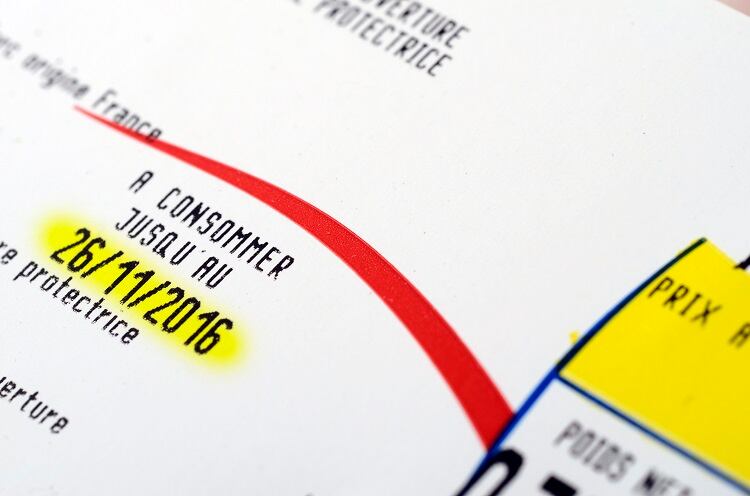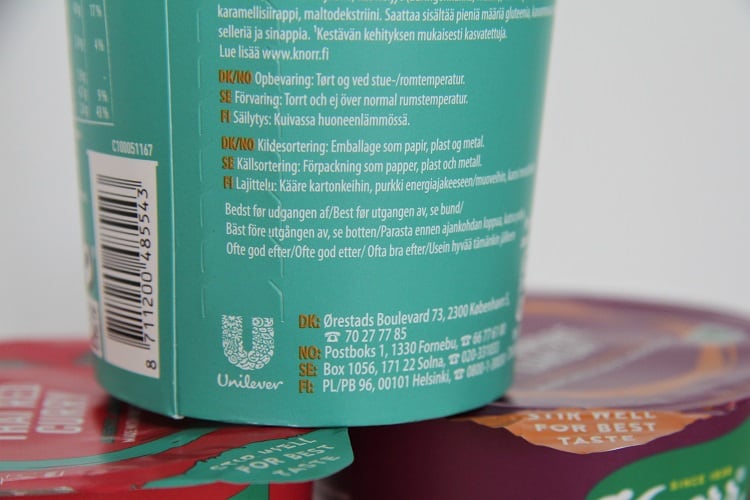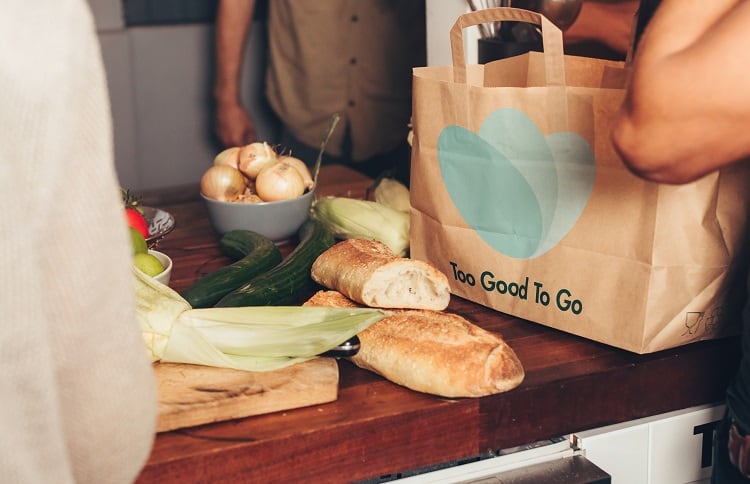Be it ‘use by’ or ‘best before’, consumption dates are responsible for 20% of total food waste in the home, according to the European Commission.
They are answerable for 5% of food waste during production and are the biggest cause of food waste at the retail level.
Yet there is much confusion surrounding consumption dates on food labels. An estimated 53% of Europeans don’t know the difference between ‘best before’ and ‘use by’ dates on-pack.
Danish start-up Too Good To Go is pioneering a movement to change that. The anti-food waste business has initiated a ‘pact’ to better manage, and increase understanding of, consumption dates, which has been signed by more than 40 food players in France.
Too Good To Go in the bin
Food waste app Too Good To Go provides a marketplace that connects businesses which have surplus food with consumers looking to ‘rescue’ these meals. First launched in June 2016, today the start-up has over 2m adherents, more than 3,000 retail partners, and has saved over 3m meals globally.
The start-up has instigated several extra initiatives concerning food waste, including the development of an ‘often good after’ label – to be positioned directly after the ‘best before’ text on certain food products.
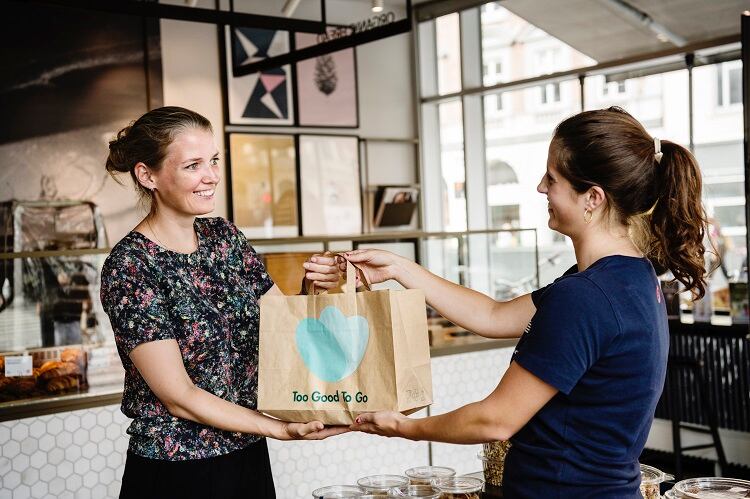
Its most recent push, a ‘consumption date pact’, is bringing together stakeholders across the supply chain in France to clarify the understanding of these dates and coordinate their visuals on-pack.
The agreement is designed to help advance Too Good To Go’s ambition of halving food waste by 2025.
'Use by' and 'best before' have very different meanings
A consumer can fall ill from eating an item after its expiry – or ‘use by’ – date.
Conversely, ‘best before’ is only an indicative date marking. If the item looks, tastes, and smells as it should, it can be eaten, says Too Good To Go.
In France, the ‘use by’ date is known as the date limite de consummation (DLC), and the ‘best before’ date is referred to as the date de durabilité minimale (DMM).
Too Good To Go estimates that 53% of the French population doesn’t know the difference between DLC and DMM.
The pact comprises 10 measurable commitments concerning the management and understanding of consumption dates. These pledges focus on four main pillars:
- Educate and raise awareness among all audiences, from producers to consumers;
- Clarify the concepts of ‘use by’ and ‘best before’ dates;
- Optimise the value of products excluded from sales channels;
- Collaborate to coordinate good practices and optimise distribution flows.
Under the pact, initiatives could include projects that accentuate the difference between ‘use by’ and ‘best before’ labels. If space allows, brands could add a visual indicator next to the date, so that consumers can better identify its meaning.
Alternatively, a slogan such as ‘look, smell, taste before throwing out’ could be placed next to the ‘best before’ text.
Another solution could be to provide such information to consumers when they scan the product’s barcode with a smartphone app. The coalition will also investigate implementing anti-waste aisles in supermarkets, to help promote products that have surpassed their ‘best before’ indication or are approaching that date.
Signatories have also committed to substituting ‘use by’ dates for ‘best before’ dates where possible.
Nestlé France: Food waste does not stop at the entrance to our factories
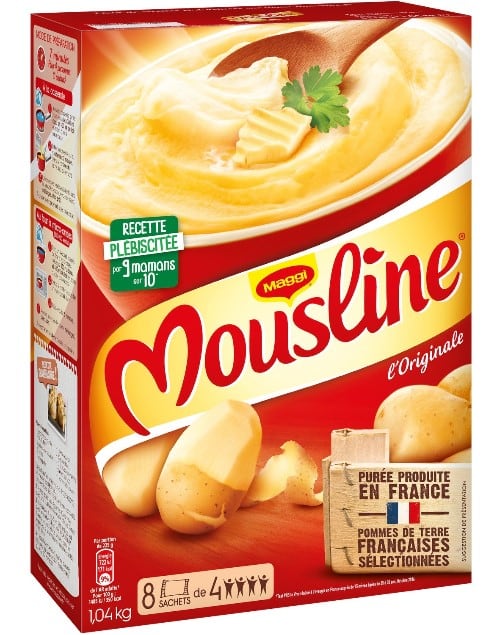
At last count, more than 40 signatories have joined Too Good To Go’s pact, including France’s Ministry of Agriculture and Food and Ministry for the Ecological and Inclusive Transition.
In the retail sector, coalition members include Monoprix, Carrefour, Casino, Intermarché and Auchun. In food manufacturing, Danone, Michel et Augustin, and Nestlé France have all signed up.
“Our Consumption Dates Pact is the opportunity for entities that usually compete to collaborate and exchange ideas to act and do better together,” said Too Good To Go president Lucie Basch.
In particular, Nestlé France is putting forward its Mousline instant mashed potato brand in ‘concrete action’ – in help clarify the difference between ‘use by’ and ‘best before’ labelling.
“Food waste is an economic, ecological and social aberration. As a major player in the food industry, it is our responsibility to avoid waste in the production of our products,” said Nestlé France president Christophe Cornu.
“But it does not stop at the doors of our factories, it is important to give our consumers all the [tools] to adopt the right actions. Our commitment to Too Good To Go is part of this conviction.”


